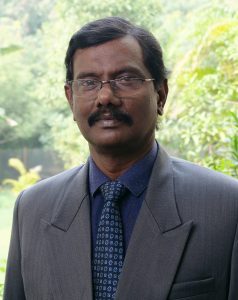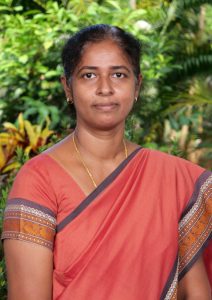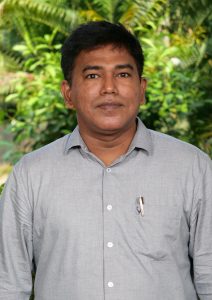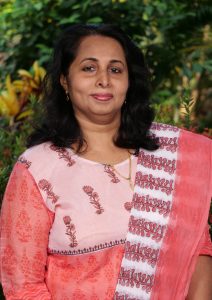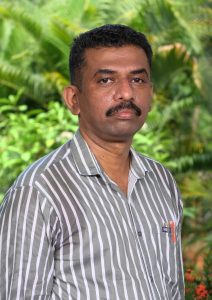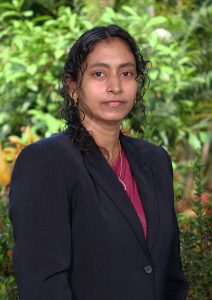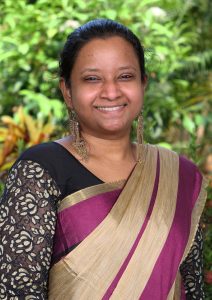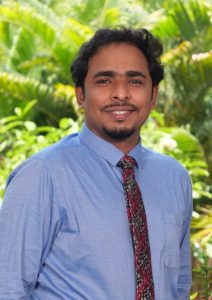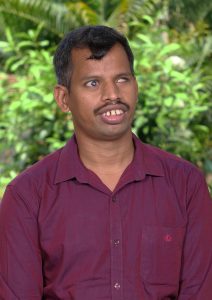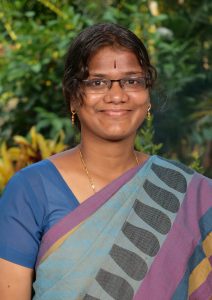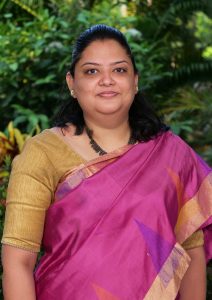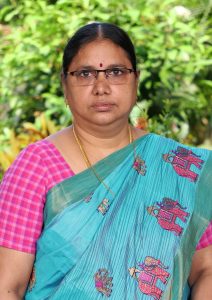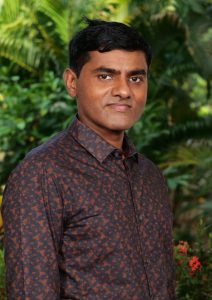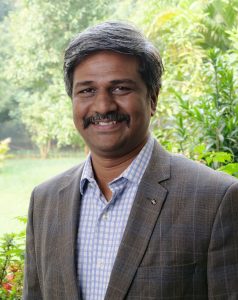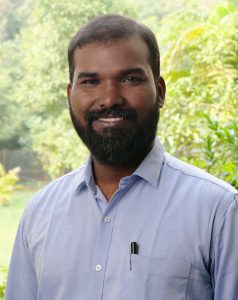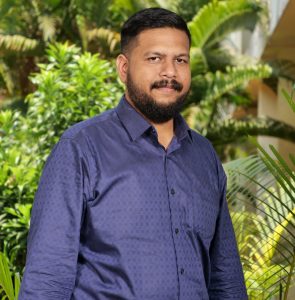One among the oldest departments in the country, the Department of English Language and Literature has come to occupy a noteworthy place in both Literary Studies and Culture Studies. Established in 1837, the department has been up-to-date in curriculum planning and syllabus framing. The Department offers a broad spectrum of innovative courses under the Choice Based Credit System. Integrating the conventional approach of exposing the student to the characteristic features of each literary period and the genres and sub-genres of literature with the political readings of the literature of the present-day, the syllabus enables the students to interpret texts both aesthetically and socio-politically to understand the principles of Literary Studies as well as Culture Studies. The special papers offered at the UG and PG levels are Women’s Writings, Myth and Literature, New Writing, The Postmodern Survey, Shakespearean Criticism, Translation Studies, Critical Theory Since 1965, Ecology, Literature and Development and Indian Metatheater and Perception.
The department is a flourishing academic community of teacher-scholars, who are dedicated to sharing their expertise in various fields of their specialization. Always performance-driven, the members of the distinguished faculty are continually committed to providing the best possible education to the Undergraduate, Postgraduate, M Phil and Ph D students. The faculty members are experts in fields such as Renaissance Literature, Postcolonial Literature, English Studies and India Studies, Ecocriticism and Eco literature, American Literature, Shakespeare Studies, World Drama and Linguistics, English Language Teaching, Gender Studies, Feminism, Ecocriticism, Theatre Studies, Music and Literature and Literary Stylistics. Besides this, the department provides the Part II English students at the college with the knowledge of the four language skills- Listening, Speaking, Reading, and Writing. Our approach to English language learning utilizes the Communicative English Teaching Method, a way of teaching that employs a number of holistic techniques to English grammar, English vocabulary, spoken English, English listening, and English reading and writing. Our holistic techniques prioritize the ability to use these English skills in real-world situations.
The Vision of the Department is to impart a multicultural and multilingual dimension to the study of the English Language and its Literature and the Mission of the Department is to promote the study of worldwide literature written in English and extend the understanding of how the English language is inextricably intertwined with the various cultures of those who speak and write it. Being an intensely proactive department, the faculty members take the teaching and research assignments very seriously without losing sight of the Vision and Mission statements of the department.


